Bhubaneswar, 8 March 2024:Vedanta’s BALCO Medical Centre (BMC),an emerging leader in India’s oncology space, has achieved a historic milestone by becoming the first Indianco-researchers in a team to receivetheprestigious Cancer Grand Challenges Award. This recognition, with a substantial $25 million grant for cancer research, underscores BMC’s position as a pioneering institution in India’s oncology landscape. The recipient team PROSPECT, comprising of clinicians, advocates, and scientists from BALCO Medical Centre and other esteemed institutions around the world, will be addressing the critical issue of early-onset cancers challenge.
Ms. Jyoti Agarwal, Chairperson, Vedanta Medical Research Foundation, expressed her gratitude, stating, “We are honoured to have been chosen for this prestigious award, which significantly advances the battle against cancer. Over the past six years, at BMC, our leaders, employees, and stakeholders have worked tirelessly to ensure that we have access to the best technologies, and that our patients and communities feel safe and confident. With this support from Cancer Grand Challenges, our efforts are not only continued but also strengthened. With collaborative efforts, I am confident that we can positively contribute to the overall healthcare landscape.”
Team PROSPECTis one of five global teams being funded this year by Cancer Grand Challenges, which was founded in 2020 by Cancer Research UK and the National Cancer Institute US, to invite diverse world-class research teams to come together, think differently and take on some of cancer’s toughest challenges.Theteamswill be funded by Cancer Research UK, the National Cancer Institute, the Bowelbabe Fund for Cancer Research UK and Institute National Du Cancer through Cancer Grand Challenges with a total investment of $125m to tackle some of the toughest challenges in cancer research.
“Together with our network of visionary partners and research leaders, Cancer Grand Challenges unites the world’s brightest minds across boundaries and disciplines and aims to overcome cancer’s toughest problems,” said Dr. David Scott, Director of Cancer Grand Challenges. “With this investment, our largest to date, we continue to grow our global research community, and fund new teams that have the potential to surface discoveries that could positively impact cancer outcomes.”
Vedanta’s BALCO Medical Centre, a state-of-the-art tertiary care Oncology facility in Central India, has been at the forefront of cancer care, providing multidisciplinary treatment and support. The institution is recognized as a referral centre for advanced radiation therapy, brachytherapy, nuclear medicine, surgeries, chemotherapy, and many more. Since inception in March 2018, BMC has treated more than 35,000 patients. Additionally, the institution has received many certifications and accreditations including LEED certification, NABH, FSSAI, NABL, Nursing Excellence, CAHO certifications. This significant grant underscores BMC’s commitment to pioneering research and delivering innovative solutions to address critical healthcare challenges in India.
Dr. Bhawna Sirohi, Medical Director at Vedanta Medical Research Foundation (BALCO Medical Centre) and the lead principal investigator for PROSPECT-India study,says “The worrisome increase in colorectal cancers stresses the importance of early detection and lifestyle choices for prevention. There’s a dire need for cancer screening in high-risk areas to facilitate early diagnosis and prompt treatment, especially with the shifting demographics towards a younger population. This grant will speed up global cancer research, focusing on understanding the reasons behind the rise in early-onset colorectal cancer and strategies for prevention”.
Early-onset colorectal cancer (EOCRC) is an important emerging global problem among individuals younger than 50 years. Team PROSPECT aims to address this by understanding the pathways, risk factors and molecules involved in its development. The team’s vision is to understand and ultimately try to reverse the network of causal factors throughout the life course that disrupts normal biological processes to promote EOCRC. The team will employ a disruptive, transdisciplinary approach spanning cells, individuals and populations to uncover the mechanisms linking lifetime exposures to early-onset colorectal cancer, and test new strategies to combat this cancer type.
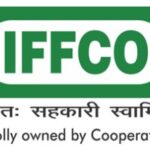



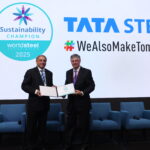



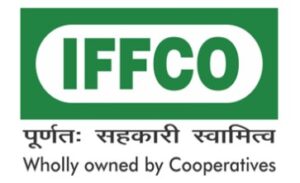

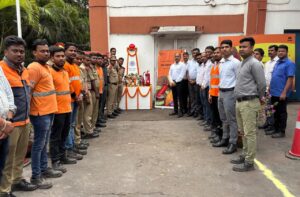

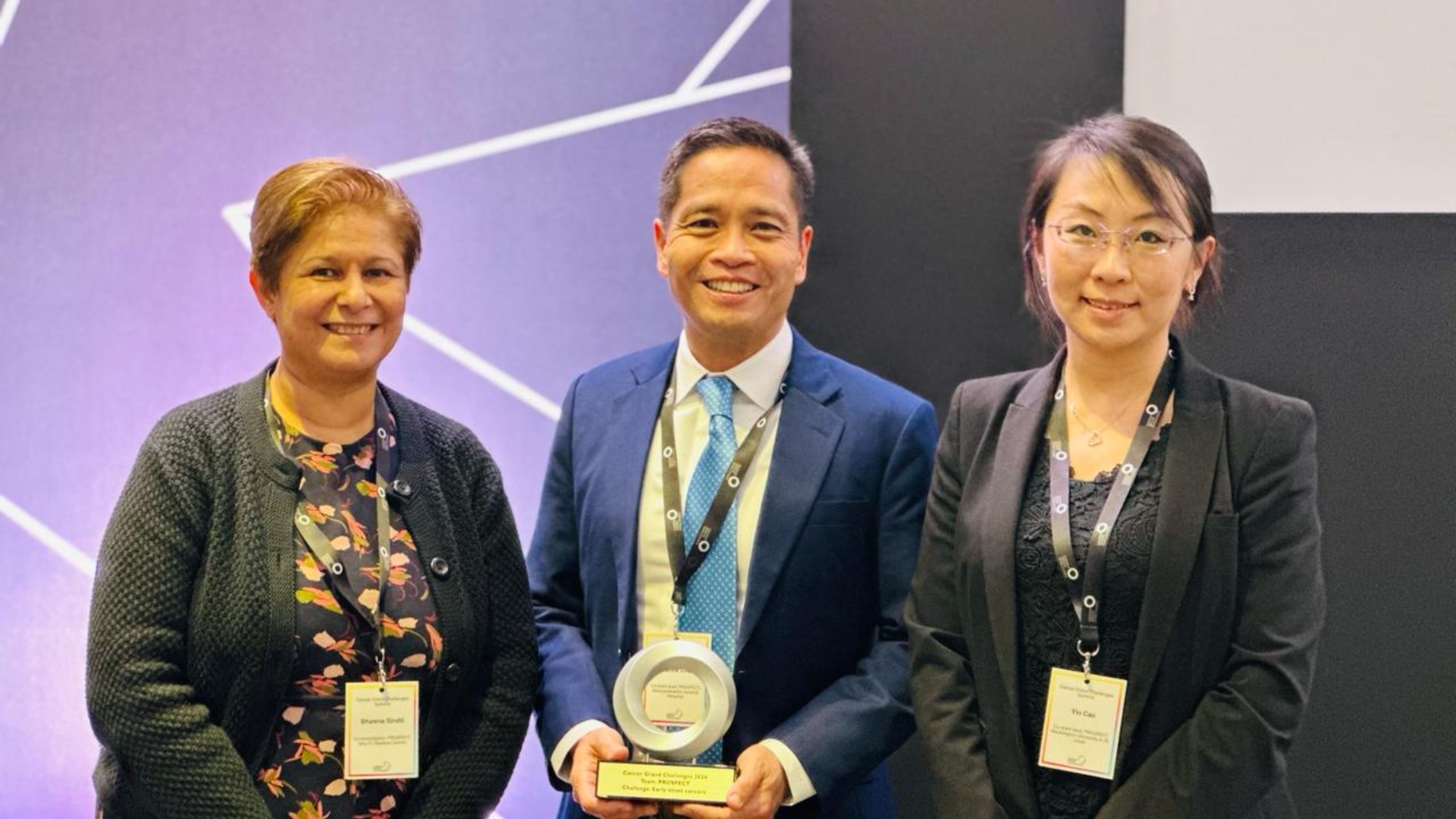
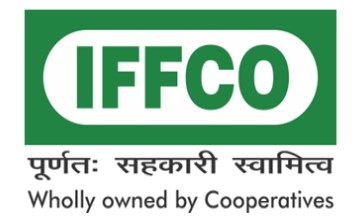
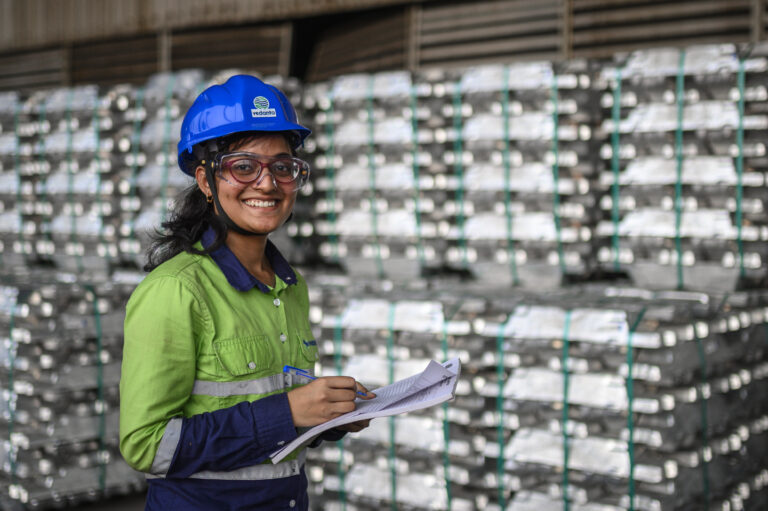

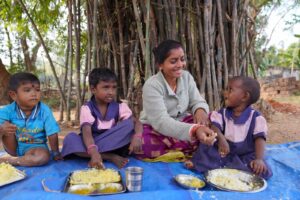
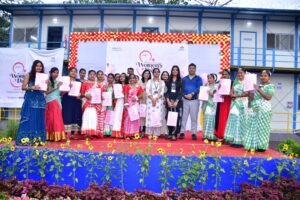
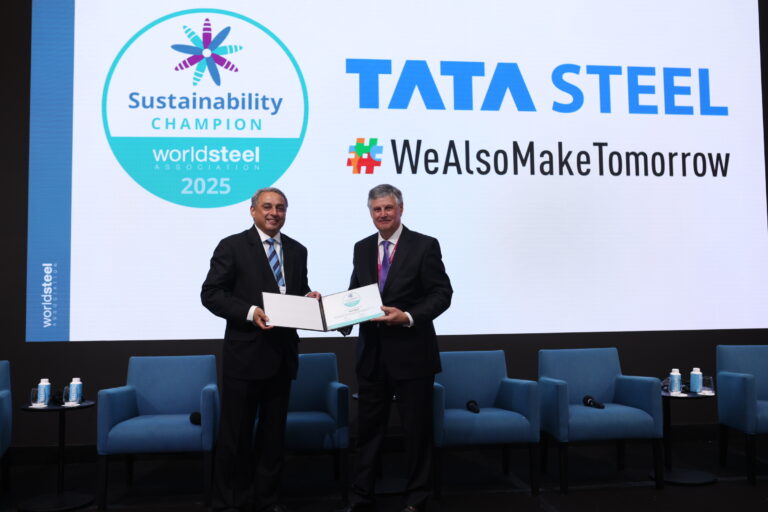



+ There are no comments
Add yours